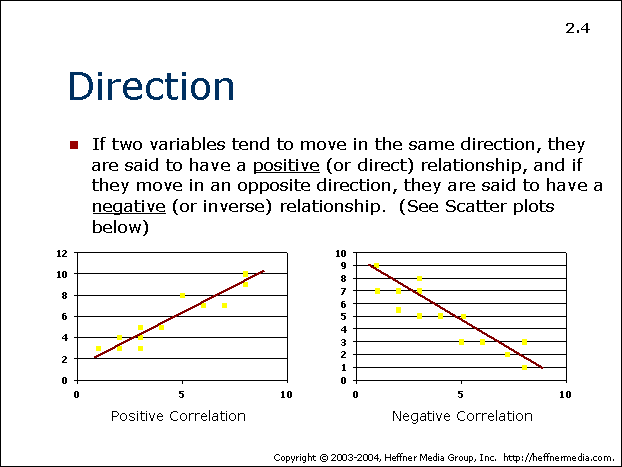
Response to Everyday Stress Predicts Health a Decade Later
Whether you dwell on relatively minor, everyday stressful situations could foreshadow what the future holds when it comes to your physical health. That’s the eye-catching, and possibly somewhat stressful, finding from a study just published in the journal Psychological Science.
In the study, researchers from University of California, Irvine and Pennsylvania State University asked 1,155 adults about their experiences with daily stressors.
Here’s the question the researchers were especially interested in: when people encountered stressful everyday events, did they experience more emotions the next day? There turned out to be substantial individual variation in this regard, with some people being more inclined to be in a bad mood the day after experiencing a stressor.
So far so good. But the surprising part came when the researchers followed up ten years later.
They discovered that people’s health status a decade later depended in part on whether the people tended to dwell on stressful situations and experience more negative emotions the following day. Specifically, those who were more disposed to what the researchers called “lingering negative affect” from daily stressors had more chronic health conditions and more impairment from those conditions at the ten-year follow-up.
It may be, then, that while exercising regularly and eating well are two reliable ways of improving your physical health, there’s a less tangible step you can take too: cultivating an ability to move on from stressful situations.
The authors summarized the results by pointing out that “affective recovery from daily stressors has unique importance for long-term physical health.”
While the connection between stress and health isn’t exactly new, this finding suggests that what matters isn’t just whether you’re stressed out in the first place, but how quickly you bounce back from that stress. You may be stressed out today, but if you’re happy tomorrow, that might mean you’re more likely to be physically healthy ten years from now!
Image: Andrew Imanaka